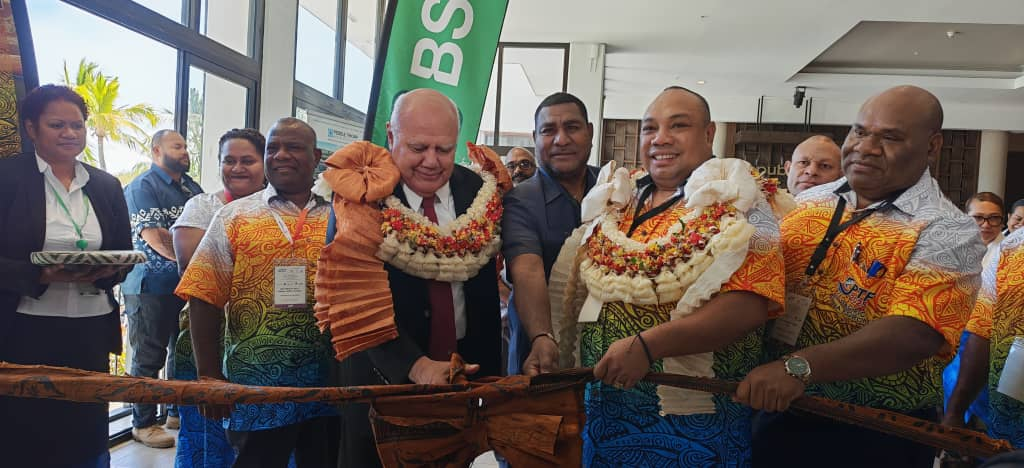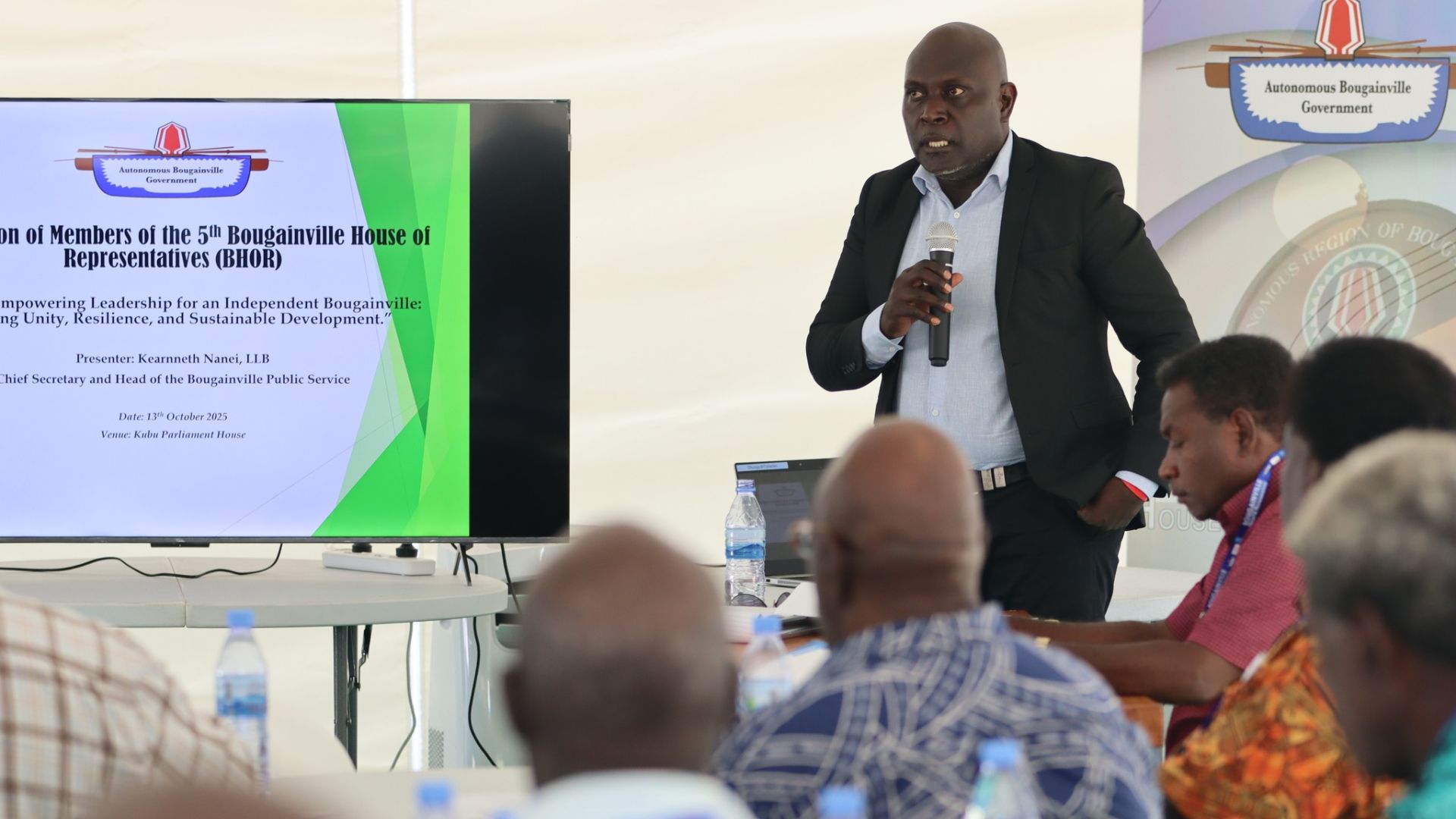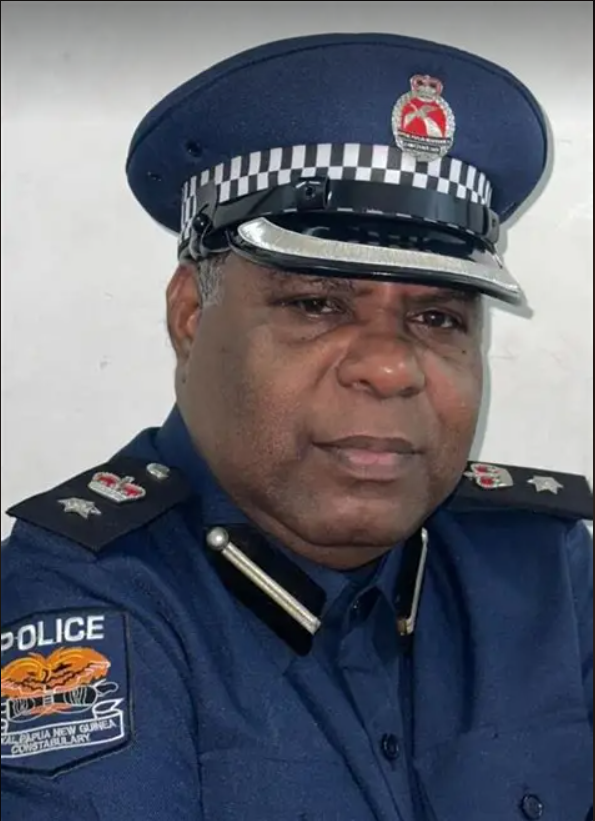Today,(Monday, July 8) an Independent Commission of Inquiry (COI) begins at APEC House in Port Moresby, led by COI Commissioner Justice Ellenas Batari.
This inquiry is set to investigate the civil unrest that occurred in Port Moresby on January 10, 2024, known as Black Wednesday, or as Prime Minister James Marape calls it, "Ugly Wednesday".
The focus will be on the adequacy and capacity of the Royal Papua New Guinea Constabulary (RPNGC) in terms of resources, training, and organizational structure.
The opening session started at 10 am, and hearings will continue from July 15th, onwards.
The Commission of Inquiry has been established under the Commission of Inquiry Act 1951 (Chapter 31) to address concerns regarding the RPNGC and their handling of the events that led to the unrest.
According to Commissioner Justice Batari in a published public notice on July 5th, the inquiry will review, determine, and table a report with recommendations on several key matters.
First, the COI will assess whether the current RPNGC organizational structure and the Police Command and Control Structure are adequate and efficient for the circumstances of the country.
This includes examining the functions of the Police Force under the Constitution to determine if they meet the needs of the population.
Second, the inquiry will investigate if the Police Force is adequately resourced.
This involves evaluating funding, manpower resources, facilities, equipment, and welfare provisions to ensure that the RPNGC can effectively carry out its diverse functions and duties both in the National Capital and throughout the country.
Third, the COI will examine the training of police personnel by determining if the training is appropriate and adequate for the circumstances of Papua New Guinea and if it aligns with international standards and practices.
This includes looking into the police-to-population ratio to see if it is consistent with international benchmarks.
Additionally, the inquiry will evaluate whether the operational strategies of the RPNGC are relevant and practicable for the country's context.
It will also consider if these strategies are consistent with police practices and procedures.
The COI will further investigate the management of public funds associated with RPNGC operations; this includes ensuring transparency and corporate governance in the use of funds, particularly in priority areas of law and order.
Another critical aspect of the inquiry will be to review the Police Act 1988.
The COI will determine if the Act needs to be updated to reflect current developments and changes in policing in the 21st century.
The events leading to the civil unrest on January 10, 2024, will also be a major focus.
The COI will investigate what transpired on or prior to that date, particularly the gathering of RPNGC members at Unagi Oval.
It will determine if the top management of the RPNGC had prior knowledge of the gathering and the subsequent protest march.
If so, the COI will examine what measures were taken by top management to allow or prevent the protest.
The inquiry will look into the causes of the protest and whether senior members of the RPNGC were involved.
It will also investigate if the Human Resource Division and Police Association were aware of the tax and salary adjustments that reportedly triggered the unrest.
The COI will assess the anticipated impact of these adjustments and what steps were taken to mitigate them.
Furthermore, the inquiry will determine if the protest was lawful and if individuals or groups incited the civil unrest.
It will establish what legal measures can be taken against those involved in the protest and unrest.
The inquiry aims to provide a comprehensive review and recommend necessary changes to improve the RPNGC and prevent future unrest, and enhance safety and security of Papua News Guinea.
Following today's opening session, the COI will commence hearings on July 15th, and the public will be informed of the dates for each sitting of the Commission of Inquiry through further notices.




